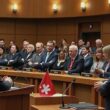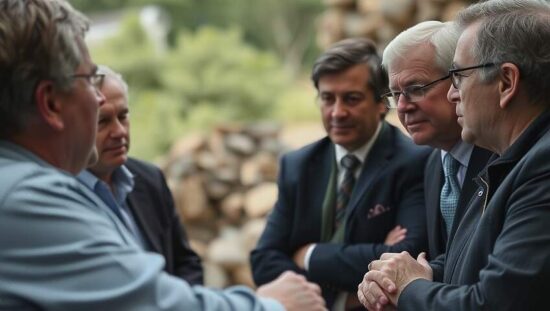The recent summit between US President Donald Trump and Chinese President Xi Jinping has spurred a stark warning from German parliamentarian Omid Nouripour, Vice President of the Bundestag, urging European nations to aggressively pursue resource independence. Nouripour, a prominent figure within the Green Party, cautioned that continued reliance on external sources leaves Europe vulnerable to geopolitical maneuvering, effectively relegating the bloc to a position of supplication.
Nouripour’s comments, delivered to the Funke-Mediengruppe newspapers, specifically referenced the agreement reached between Trump and Xi concerning rare earth elements – a temporary respite, he asserted and nothing more. The deal, while momentarily alleviating immediate pressure, underscores a deeper strategic reality: the potential for coordinated action between the US and China to exert influence through control of vital resources.
The German politician’s call to action is pointed. He argues that the window of opportunity is narrow and demands immediate, concerted European effort. Rather than passively awaiting future interventions from major powers, the European Union must actively invest in a circular economy, explore alternative materials and diversify markets. This isn’t solely an economic imperative but a vital component of European strategic autonomy.
Critics are already questioning the practicality of such rapid transformations, citing existing dependencies and the inherent complexities of shifting supply chains. However, Nouripour maintains that inaction is a far greater risk, painting a picture of Europe perpetually hostage to external whims. His appeal serves as a forceful reminder that the clock is ticking and the pressure on Germany and the wider EU to break free from resource dependencies is intensifying. The challenge now lies in translating this urgent warning into concrete policy changes and significant investment, avoiding what Nouripour describes as a return to a powerless negotiating position.





